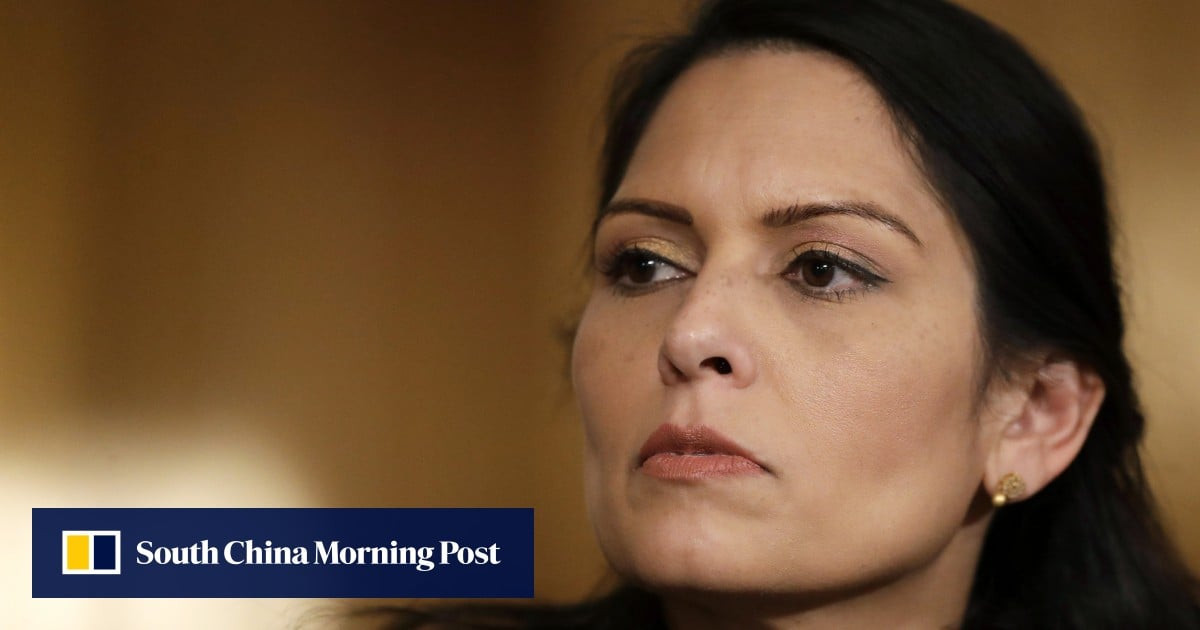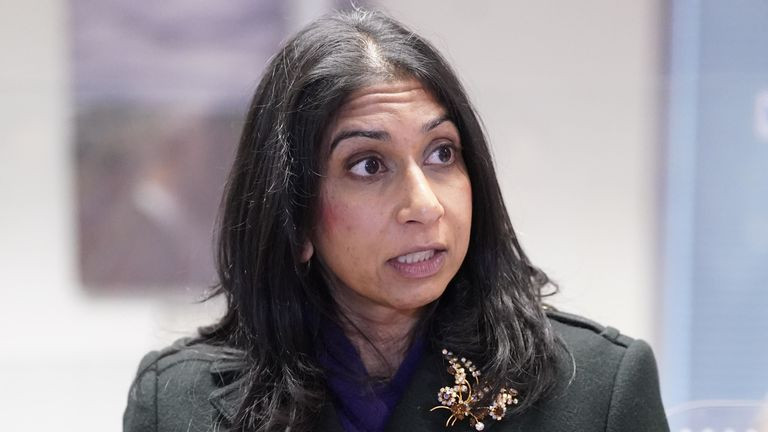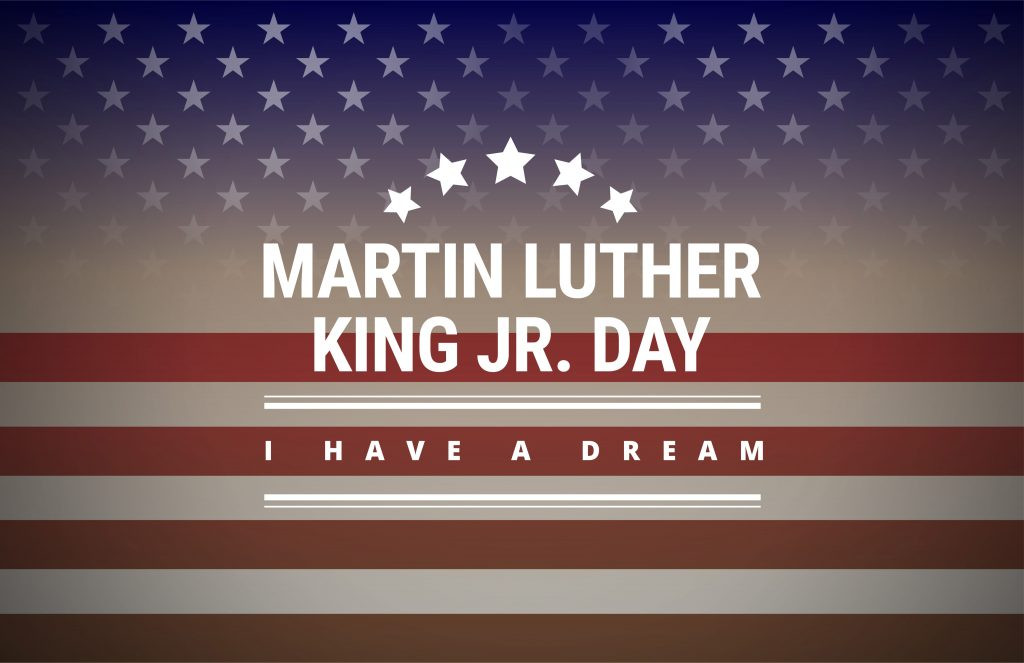Home Secretary Yvette Cooper has pledged to crack down on people “pushing harmful and hateful beliefs” and to “kickstart” a new approach to fighting extremism. This follows concerns that online influencers such as Andrew Tate, are radicalising young boys, a trend that has been amplified in the wake of the riots that erupted across the UK this month.
The Home Office has commissioned a “rapid sprint” to drive a new practical approach to countering extremism. The project is being carried out to provide analysis and recommendations on how to “tackle the threat posed by extremist ideologies”. It will inform a new Government counter-extremism strategy to respond to growing and changing patterns across the UK.
The Government said the scheme will look across the ideological spectrum, and address “gaps in the current system” which leave the country exposed to hateful activity that promotes violence or undermines democracy. The initiative is also expected to review the existing definition of extremism to include extreme misogyny as a category of extremism. This move comes as the government aims to address concerns around online influencers, like Andrew Tate, who are suspected of radicalising young boys. It also acknowledges the alarming rise in violence against women and girls, a trend that has been described by the National Police Chiefs’ Council as a national emergency.
The Home Office says it will look at the rise of both Islamist and far-right extremism in the UK, as well as wider ideological trends, including extreme misogyny or beliefs that fit into broader categories like fixation on violence. It will also look at the causes and conduct of radicalisation of young people, including the proliferation of dangerous material online.
The new strategy aims to deliver on the Government’s manifesto commitment of preventing people being drawn towards hateful ideologies.
The Home Secretary had criticised the previous government for having no counter-extremism strategy since 2015, and that the lack of a comprehensive approach or practical plans was leaving communities less safe.
The review will include the proliferation of dangerous material online. This aspect must be more than a box-ticking exercise given the role social media played in spreading highly misleading messages and organising the riots after the horrific Southport stabbings.
Ministers are treading carefully. Understandably, Keir Starmer did not want to be lured into a war of words with Elon Musk – precisely what the Twitter/X owner wanted in order to promote and boost his business. Mr Musk’s claim that “civil war is inevitable” in Britain looks even more ridiculous now than it did then.
At present, ministers seem minded to allow the long-awaited Online Safety Act to take effect and monitor its workings rather than launch another review – for example, into whether to revive the abandoned plan to ban “legal but harmful” content. However, they should not shy away from imposing tougher laws on the tech companies if they do not clean up their act.
Ms Cooper should ensure her review is as “rapid” as she promises. Arguably, much can be learned from previous inquiries, including Louise Casey’s into integration in the UK in 2016. Prophetically, given recent events, Dame Louise warned: “A failure to talk about all this only leaves the ground open for the far right on one side and Islamist extremists on the other. These groups are ideologically opposed to each other but actually share the same goal: to show that diversity and modern Britain or Islam and modern Britain are somehow incompatible. But of course they are wrong.”
Indeed, the government’s response to the riots will need to address a lack of integration in some parts of England. A more integrated society would surely reduce hate crime and sectarian violence and help in the fight against extremism and terrorism.
Regrettably, the counter-extremism issue too often becomes a political football. In line with the script for ministers in the new government, Ms Cooper could not resist an attack on her Conservative predecessors, saying: “Action against extremism has been badly hollowed out in recent years, just when it should have been needed most.”
She has a point. There has been little progress since 2015. Michael Gove, the former communities secretary, proposed a new definition of extremism but ran out of time before the election. Although the context was admittedly different, the Tories seemed much keener to talk about Islamic extremism amid pro-Palestinian marches after the attack on Israel last October, than the far-right threat.
They have not changed their tune. Kemi Badenoch, the shadow communities secretary and Tory leadership contender, claims the 2010 Equality Act “has fed a lot of the discontent within communities, whether they’re complaining about two-tier policing or about the equality law being misapplied. You see it, whether it’s in the battles between women and trans rights activists, between different religions, between men and women, between Black and white.” This is the latest example of the candidates playing to the gallery of their party members, who will choose the next leader.
In contrast, Ms Cooper’s review is thankfully more rooted in the real world. The test will be whether it results in a new counter-extremism strategy that meets today’s challenges or joins the stack of similar exercises gathering dust on Whitehall shelves.


















